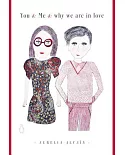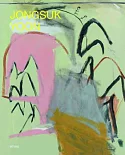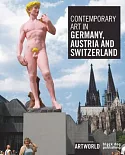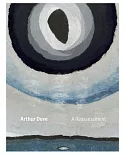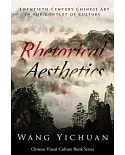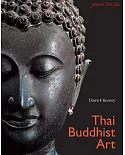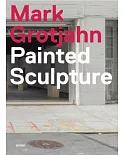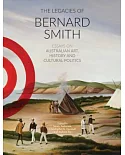Today serial imagery dominates all forms of visual media, from advertising to conceptual sculpture. In this innovative project, the authors show that the phenomenon of repetition appears
as a radical element in early modern painting, long before its embrace by 20th-century high modernism.
In works by Ingres, Delaroche, Gérôme, Corot, Millet, Monet, Cézanne, Degas, and Matisse, the reader can compare closely related versions of some of the most familiar imagery of the 19th
and early 20th centuries. By making multiples of closely related subject matter in their paintings, the authors argue, these painters challenged an aesthetic based on the notion of an
inimitable, unique masterpiece.
Through beautiful illustrations and essays by leading scholars, this book ultimately shows how the 19th-century invention of photography and film—with their intrinsic attributes of
repetition—did not diminish the traditional medium of painting but rather propelled it in new directions.







